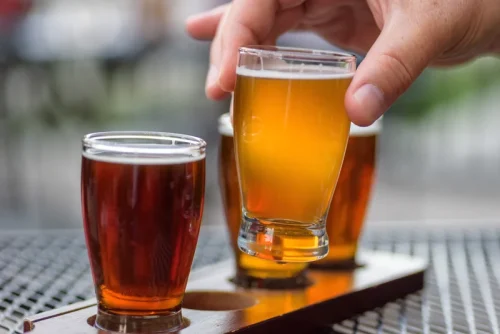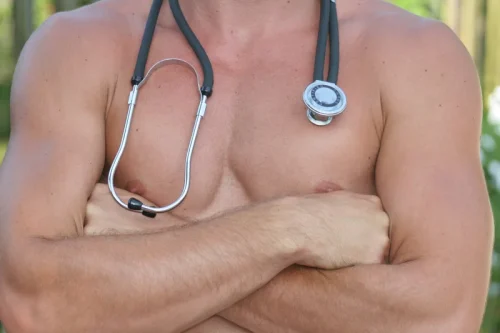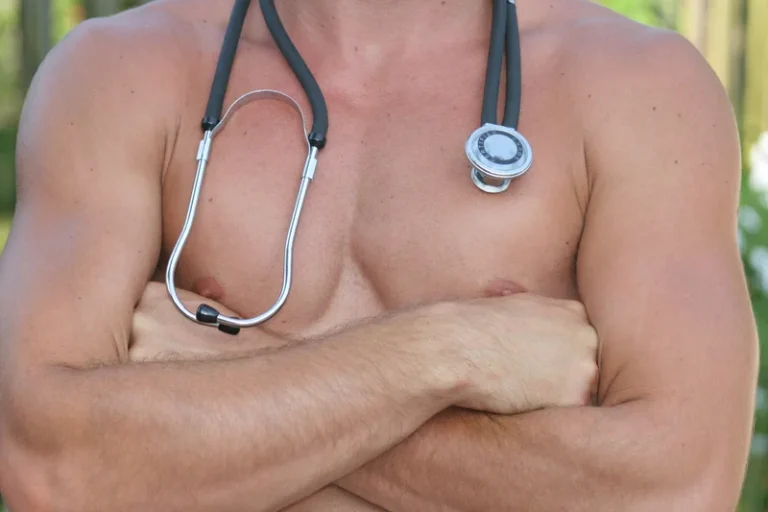Alcoholism and Appearance: How alcohol abuse damages looks

Many individuals overlook the long-term effects of alcohol on their skin health. Chronic dehydration can lead to persistent skin issues over time. Conditions alcoholism symptoms such as dry skin or increased sensitivity may arise.
- ‘Alcoholic face’ or ‘puffy face' is a result of the dehydrating effects of alcohol.
- Those with eczema might experience flare-ups due to dehydration caused by alcohol.
- Alcohol is a diuretic, meaning it promotes the elimination of liquids from the body.
- Many people enjoy a drink, but a person may not realize how it impacts their skin, aud.
- Understanding these connections highlights the importance of monitoring alcohol intake for those suffering from these skin conditions.
How Long After Quitting Drinking Does Skin Improve?
Flushing how alcohol affects your skin is more common in certain individuals due to genetic predispositions. If someone has a less active version, they may experience more flushing. Studies show that those with this genetic variant are at higher risk for alcohol abuse and related health issues. A lack of hydration can cause the skin to appear dull and lifeless.
Skin cancer
- Chronic drinking disrupts sleep patterns, compounding the issue.
- A person with significant liver damage might develop many of these lesions.
- To ease your symptoms, stop drinking and avoid direct sunlight.
- Like cocktails, the high sugar content in white wines can also lead to dull, sallow skin and puffiness - the last thing you want for your face.
- Developing an awareness of these potential consequences can help in maintaining a healthy balance by moderating alcohol consumption and adopting skin-friendly practices.
Psoriasis, an autoimmune condition that causes rapid skin cell turnover resulting in scaling and inflammation, can be aggravated by alcohol consumption. Alcohol increases inflammation in the body, which may lead to more frequent or severe psoriasis outbreaks. The relationship between alcohol and psoriasis is complex; alcohol can disrupt immune function and liver health, both of which are critical in managing psoriasis symptoms. One of the primary ways alcohol affects the skin is through dehydration. Alcohol is a diuretic, meaning it increases urine production and leads to the loss of fluids and essential electrolytes. This process strips the skin of necessary moisture, leading to dryness and flakiness.

Support
‘Alcoholic eyes’ is often used to describe the bloodshot eyes of heavy drinkers. Alcohol widens the blood vessels in the eyes, causing more blood to flow through them, increasing their appearance and volume. It can also cause yellowing of the sclera (whites) from jaundice caused by alcohol and liver complications. Alcohol weakens the immune system and disrupts DNA repair, potentially increasing skin cancer risk.

Antioxidants play an important role, Dr. Chang says, especially in removing free radicals and protecting skin from damage. "Serums and face masks that contain antioxidants, like vitamin C, green tea, and niacinamide, https://ecosoberhouse.com/ can help calm the skin the day after a long night out." Psoriasis is an autoimmune inflammatory condition that causes patches of thick, scaly plaques on the skin.


They also offer therapy and counseling to address the underlying causes of addiction and develop healthy coping mechanisms. Antioxidants are also crucial for protecting your skin from the damaging effects of alcohol. Antioxidants help to neutralize free radicals in the body and prevent oxidative stress.
- Sirtuins are involved in cellular rejuvenation and can repair damaged skin cells, promoting a fresher and younger appearance.
- Beer and spirits can also trigger flare-ups, but red wine tends to have a more significant impact.
- Prolonged heavy drinking can also increase a person’s risk of more serious conditions, such as skin cancer.
- We don't need to tell you alcoholic beverages are popular in social settings, but did you know consuming a lot of them can cause a number of short- and long-term effects on the skin?
- A weakened immune response makes it harder for the body to manage psoriasis effectively.
Red wine contains polyphenols that can help dilate blood vessels and improve circulation. However, it is important to note that moderation is key, as excessive alcohol consumption can have detrimental effects on circulation and overall health. However, for skin conditions related to AUD, liver disease, or excessive alcohol consumption, the best preventive measure is to stop drinking alcohol. Stress management is also crucial for maintaining healthy skin. Stress can have a negative impact on your skin health and contribute to various skin conditions. Find healthy ways to manage stress, such as practicing mindfulness meditation, engaging in hobbies or activities you enjoy, and seeking support from friends, family, or a therapist.
Alcohol and Sleep Disruption
Other supplements that can restore the balance to your skin include vitamins C, E, B1, B6, B2, B3 and Omega 3. Alcoholic beverages can dehydrate the body, including the skin. Dehydration can lead to dryness, dull pigmentation, wrinkles, and sagging.
Vascular effects of alcohol
Contacting an alcohol use disorder treatment center can help offer advice on where to begin with recovery and how to get help immediately. If you are worried that your or a loved one's drinking has become out of control, then contact a treatment provider today. Alcohol is a diuretic, which means it increases urine production and can lead to dehydration. Medical addiction treatment programs offer comprehensive care for individuals struggling with alcohol addiction. These programs provide a safe and supportive environment for detoxification and withdrawal management.

